Community-based circular waste management
The project supported three peri-urban communities in Bamako in developing and implementing a community-based circular waste management model. More specifically, in the first two years, it assessed and quantified the needs and opportunities for waste management, plastic recycling and a Sustainable Community Project (SCP) model. Communities were educated on environmental health, waste management and plastic recycling. Local partners were involved in implementing the SCP model in Bamako, establishing compost and charcoal briquette production and employing disadvantaged young women. Using data collected from five studies in the first year of the project, the second year of the project introduced a community awareness phase, based on knowledge, behaviors, attitudes and practices observed in the three communities. Recycling and upcycling practices are alternative livelihoods for unemployed young people and women and an approach to community management of plastic waste. The supervising committees have already begun discussions with heads of households to develop appropriate community solutions for waste management and the use of alternatives to reduce single use plastic. The results of these initiatives will be known in early 2024 and will help Mali Health to adjust the future activities. The project team is confident that the home visits and other communication activities in the communities, under the leadership of the watchdog committees, will trigger a positive change towards waste management and the use of plastic products.
Mali Health is an American NGO founded in 2007. It aims to improve maternal and child health and survival in poor, peri-urban communities in Bamako, Mali, by helping mothers and children access high-quality primary care and preventative healthcare.
Type
Health / Environment / Education / Community DevelopmentDuration
January 2022 – December 2023Location
Bamako / MaliWebsite
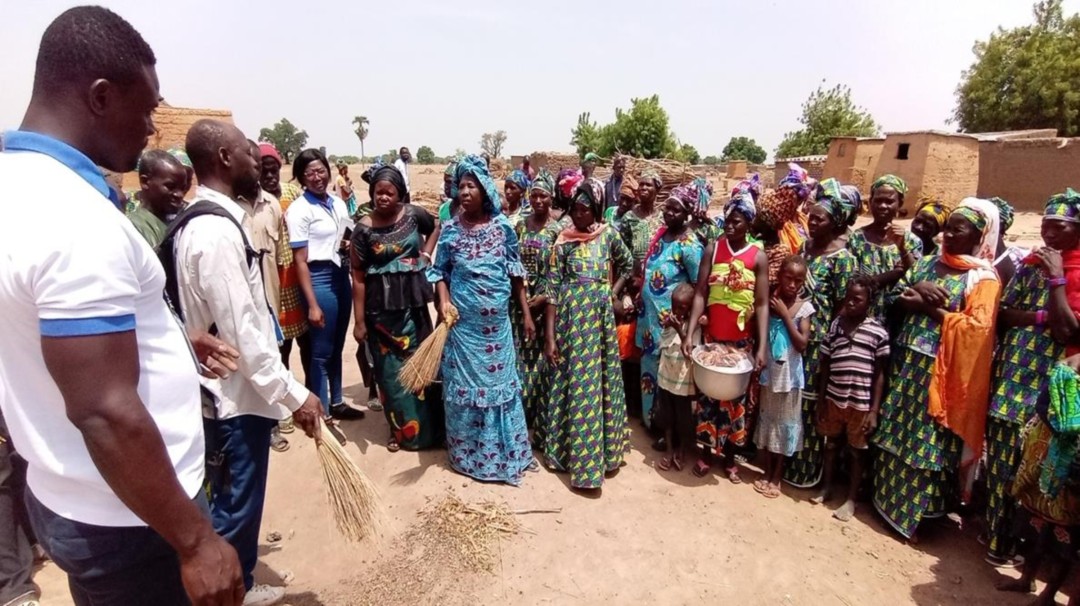
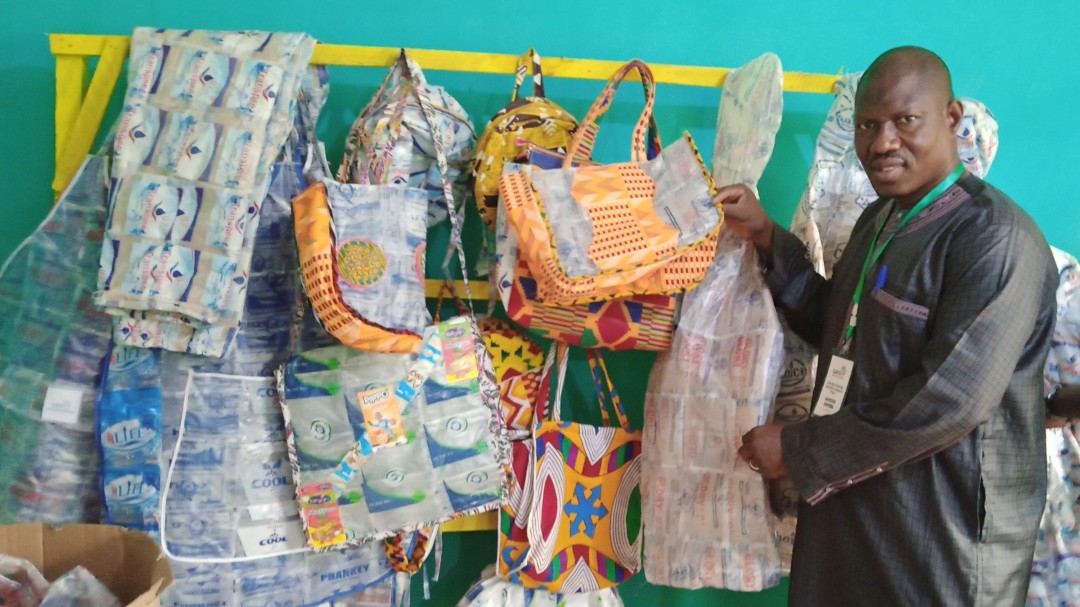
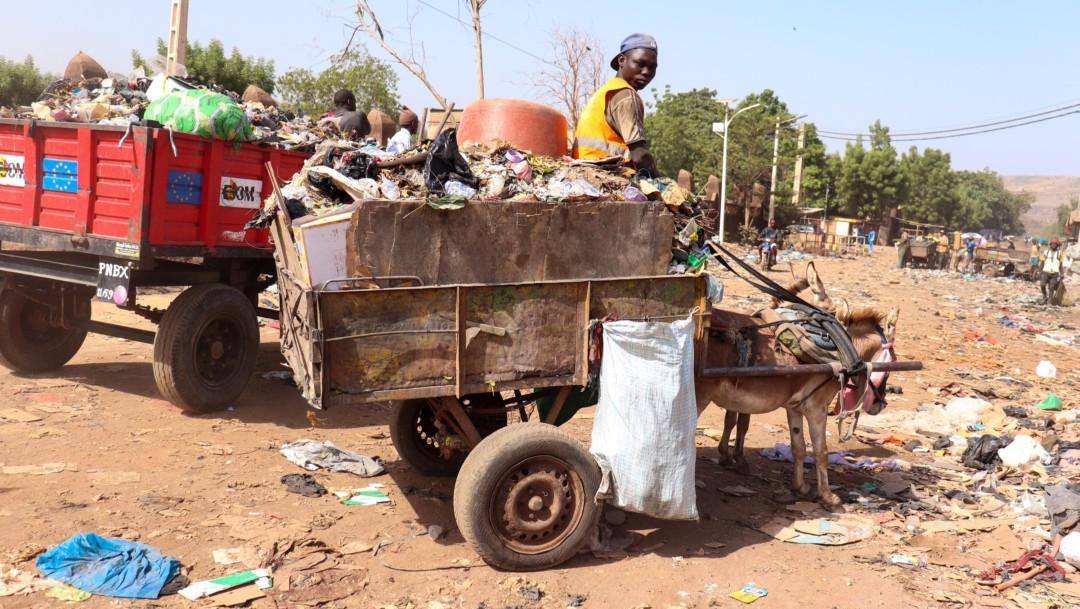
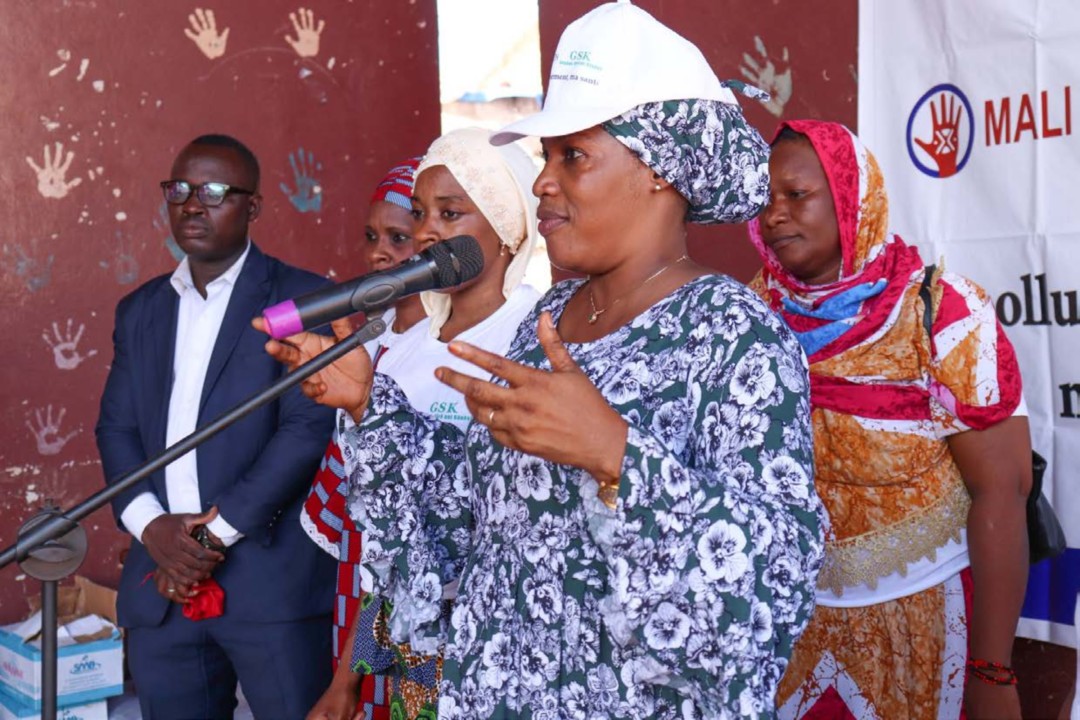
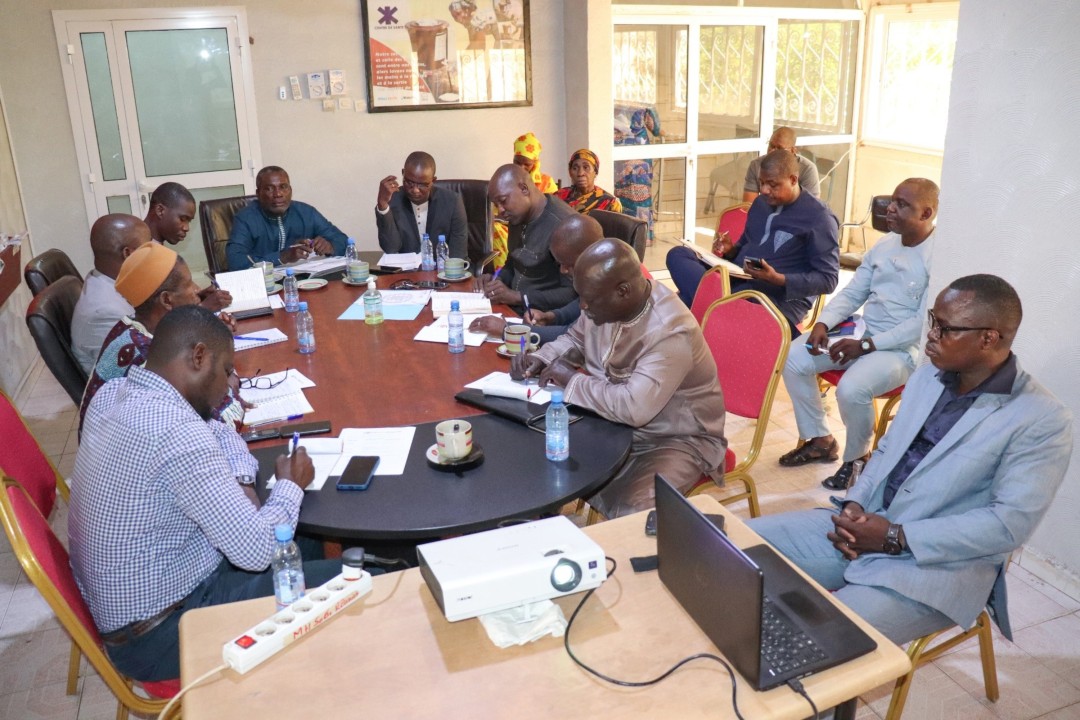
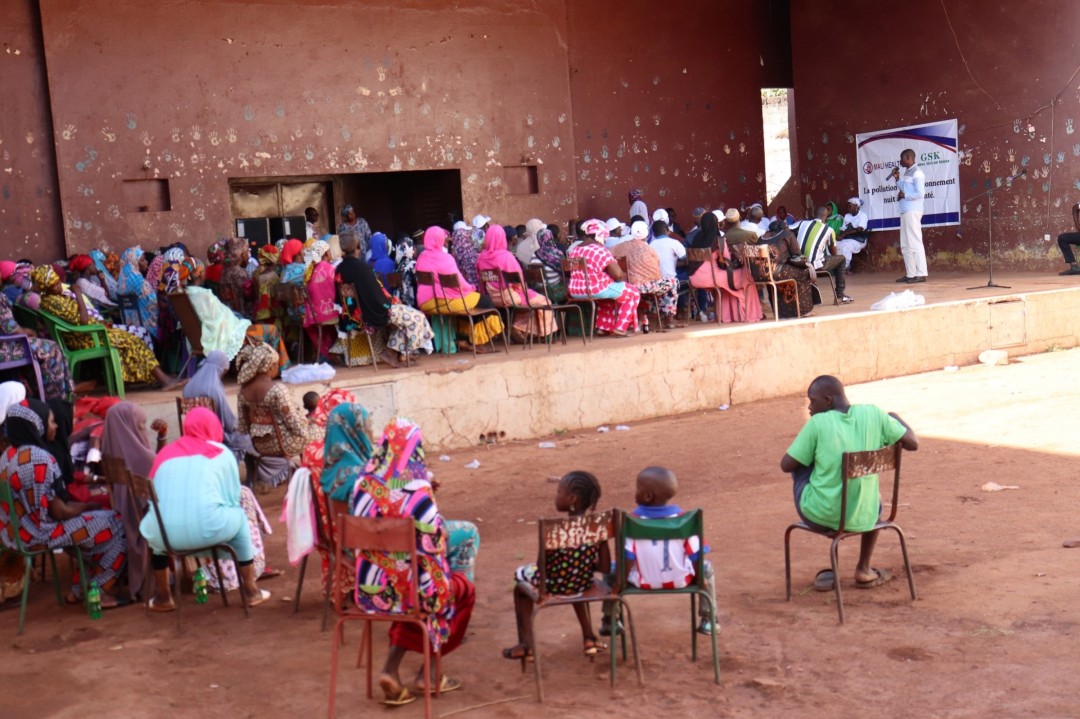
Mali
Population
18.5 million (2017)
Per Capita Income
USD 770/year (2017)
Poverty rate *
41% (2009)
Literacy rate
33% (2016)
Human Development Index
182nd out of 189 countries (2018)
Mali has experienced conflict on a regular basis since its independence in 1960. The military coup in March 2012 triggered a political and security crisis and although peace negotiations were concluded in 2015, the situation remains volatile, preventing large-scale return of those who fled the country or are internally displaced. Fragile security in the northern regions is hampering economic recovery. The crisis has worsened the human development outlook; chronic food insecurity is affecting 25% of families. One in three children under-five suffers from stunting. Drought and conflict have increased the extreme poverty rate, rising from 48% in 2011 to 50% in 2013.
Sources: World Food Program, UNICEF, World Bank, 2016 Human Development Report, Human Development Indices and Indicators (2018 Statistical Update)
*The percentage of the population living below the national poverty line.